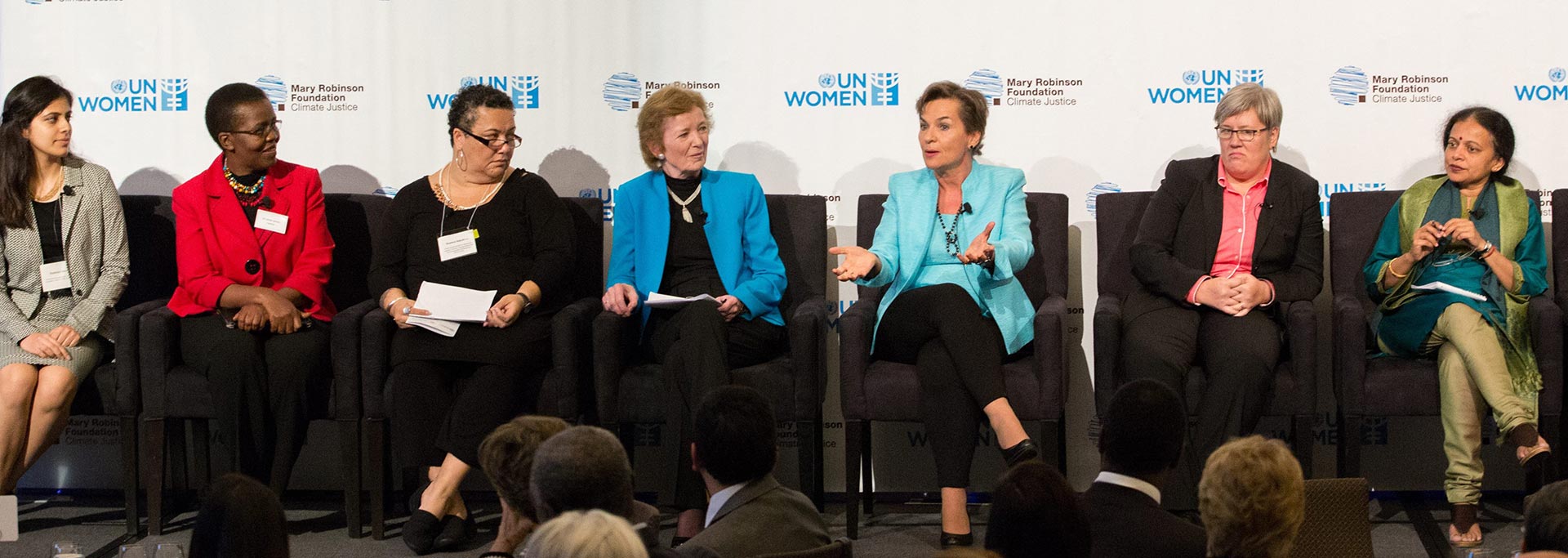The principle of partnership points in the direction of solutions to climate change that are integrated both within states and across state boundaries.
Climate justice requires effective action on a global scale which in turn requires a pooling of resources and a sharing of skills across the world. The nation state may remain the basic building block of the international system but without openness to coalitions of states and corporate interests and elements within civil society as well, the risk is that the whole house produced by these blocks will be rendered uninhabitable. Openness to partnership is a vital aspect of any coherent approach to climate change, and in the name of climate justice, this must also involve partnership with those most affected by climate change and least able adequately to deal with it – the poor and under-resourced.
